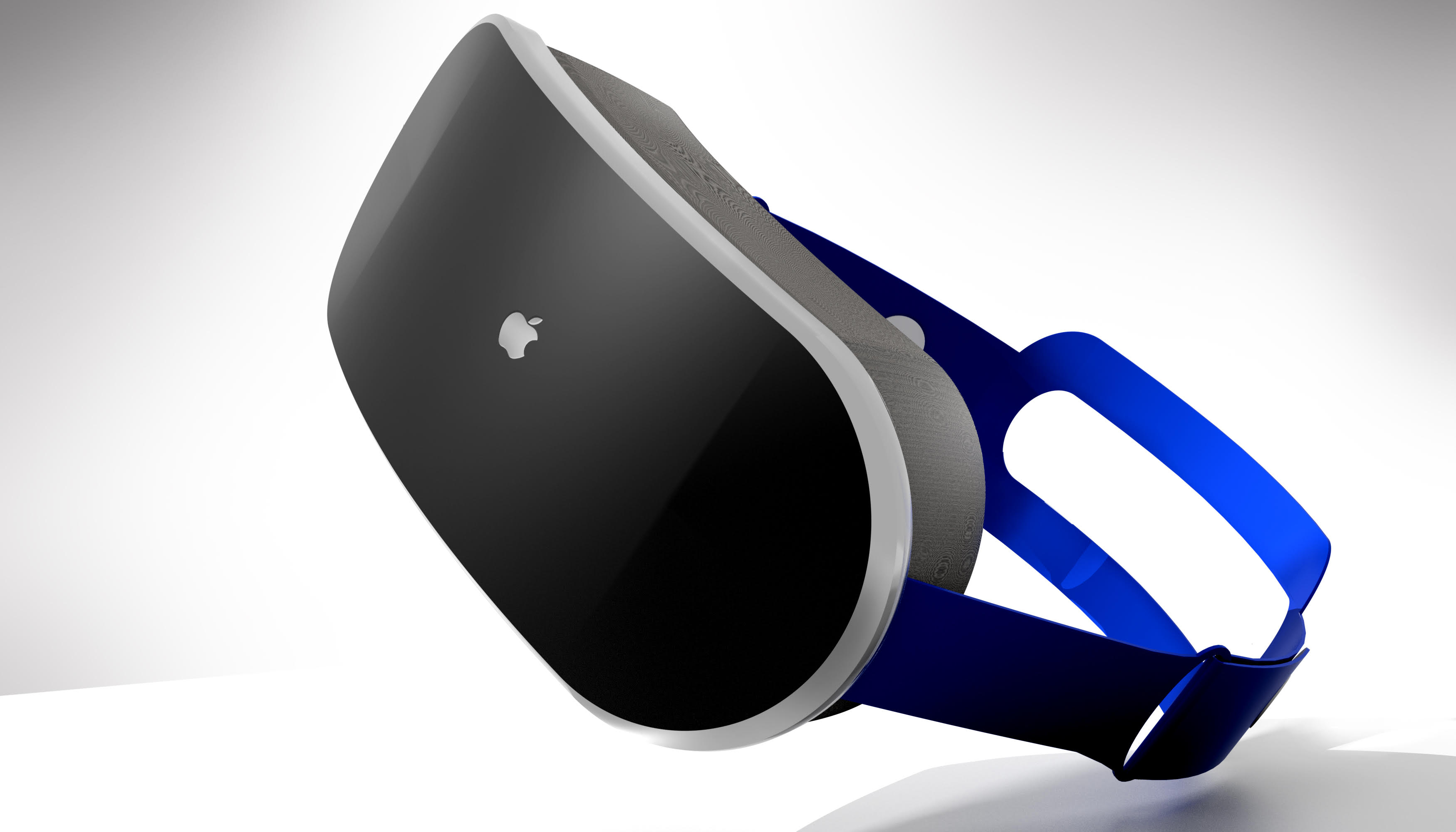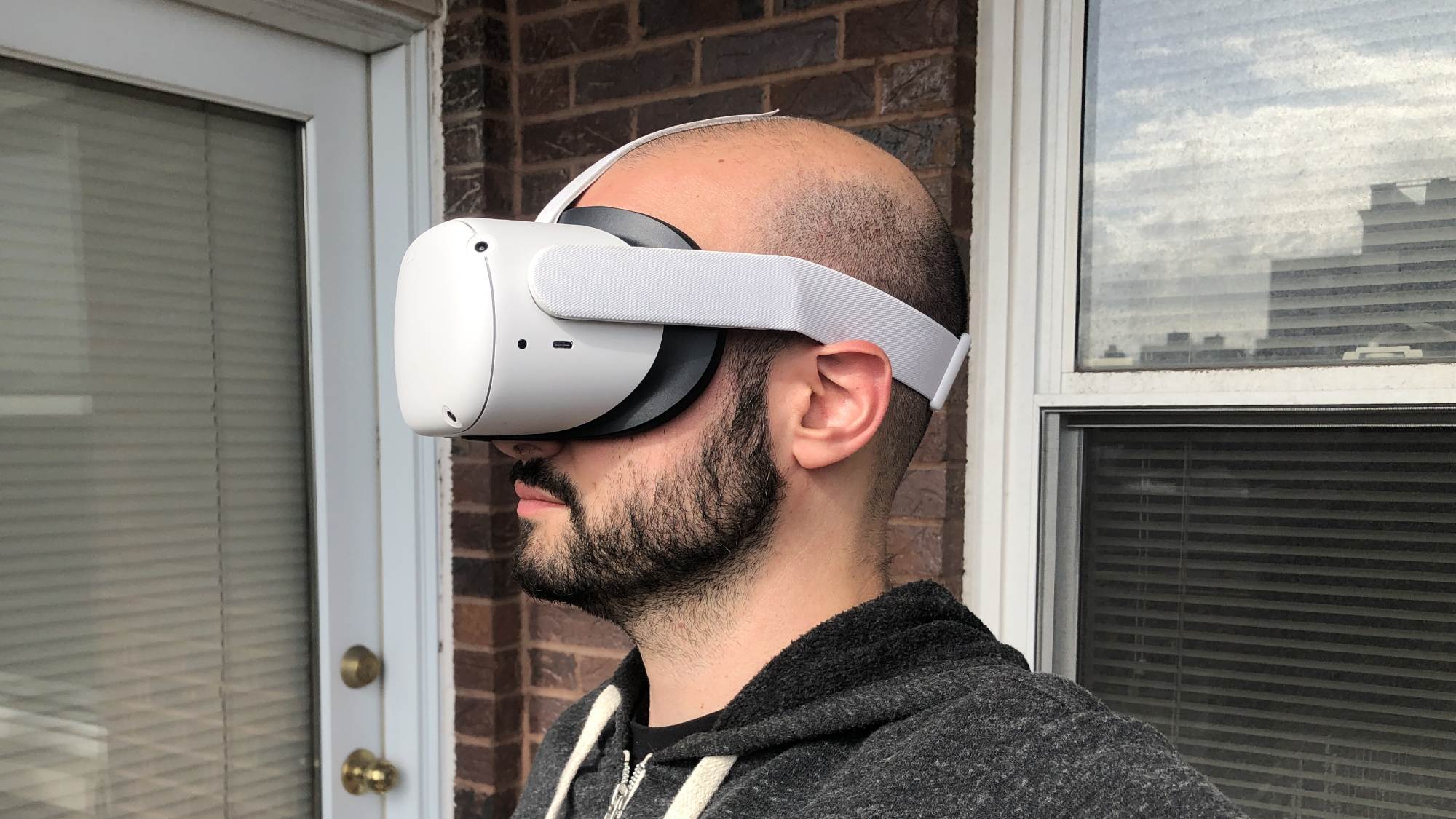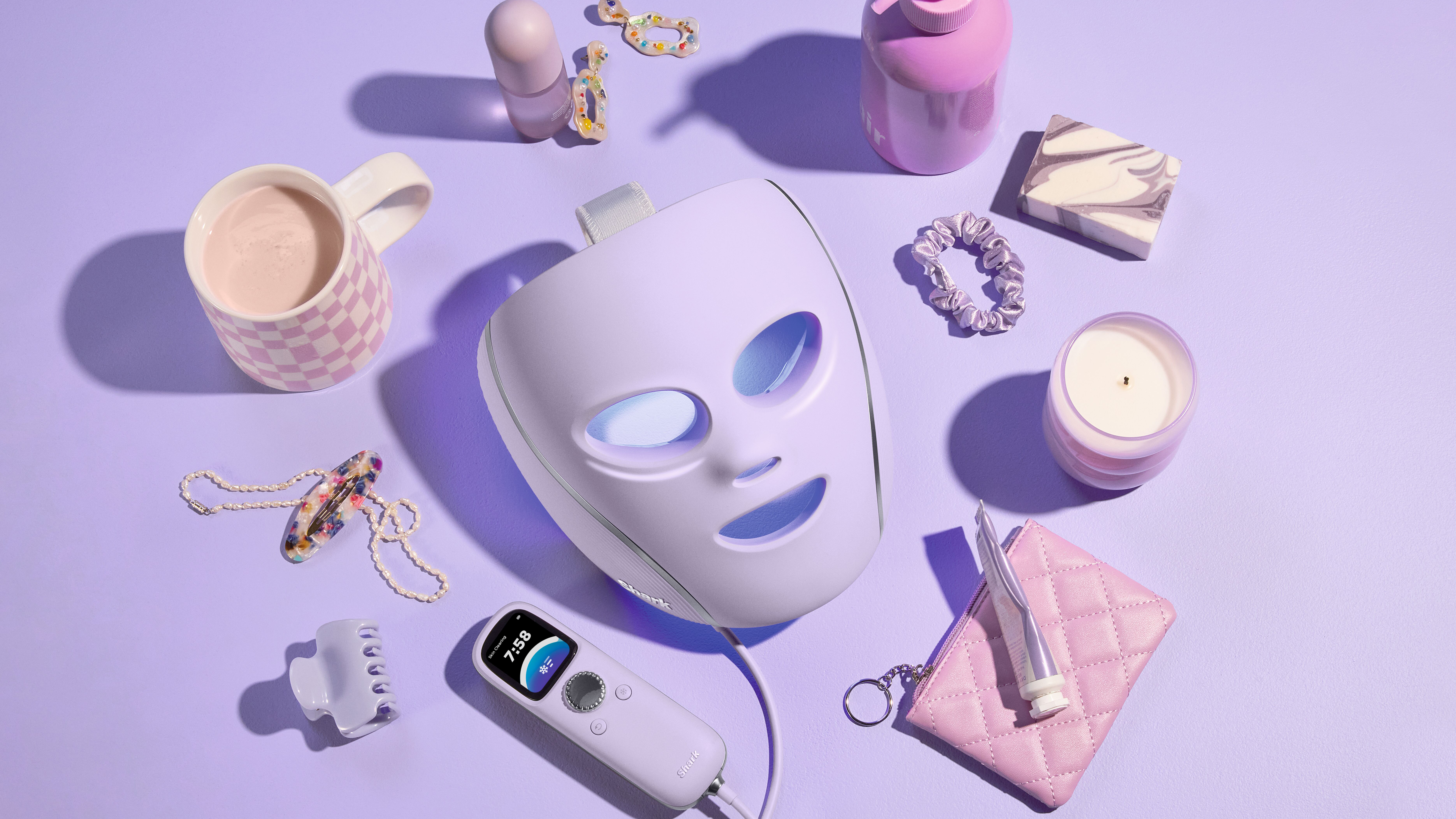Forget about Apple’s AR headset — give me a reason to care about mixed reality
Like any mixed reality headset, Apple's rumored device needs a reason to exist

Here at Tom’s Guide our expert editors are committed to bringing you the best news, reviews and guides to help you stay informed and ahead of the curve!
You are now subscribed
Your newsletter sign-up was successful
Want to add more newsletters?

Daily (Mon-Sun)
Tom's Guide Daily
Sign up to get the latest updates on all of your favorite content! From cutting-edge tech news and the hottest streaming buzz to unbeatable deals on the best products and in-depth reviews, we’ve got you covered.

Weekly on Thursday
Tom's AI Guide
Be AI savvy with your weekly newsletter summing up all the biggest AI news you need to know. Plus, analysis from our AI editor and tips on how to use the latest AI tools!

Weekly on Friday
Tom's iGuide
Unlock the vast world of Apple news straight to your inbox. With coverage on everything from exciting product launches to essential software updates, this is your go-to source for the latest updates on all the best Apple content.

Weekly on Monday
Tom's Streaming Guide
Our weekly newsletter is expertly crafted to immerse you in the world of streaming. Stay updated on the latest releases and our top recommendations across your favorite streaming platforms.
Join the club
Get full access to premium articles, exclusive features and a growing list of member rewards.
According to rumors, an Apple VR and mixed reality headset will be coming out next year. But after hearing the latest on Apple's effort to build a mixed reality headset, I'm not as concerned if Apple's product will be worth the wait so much as whether it will be worth the weight.
Analyst Ming-Chi Kuo, who's pretty wired in on the status of future Apple product releases, claims the Apple headset coming in 2022 will weigh between 300 and 400 grams. The upper end of that range translates to just under 1 pound, and while that's not a lot of weight in the greater scheme of things, it's still an extra pound I don't have to worry about carrying around right now. And it's attached to my head.
Yes, yes — a 300 to 400 gram headset is very light, especially when you consider that the Oculus Quest 2 weighs 503 grams (or about 1.1 pounds). But I don't particularly enjoy wearing that headset on my face, either. I can't imagine shaving off a little extra poundage will make that much of a difference.

I've gone to a lot of headset demos in recent years — Oculus headsets, the HTC Vive, headsets from companies as mighty as Microsoft to tiny startups that have long since faded from view. And I'm not ashamed to say that my favorite moment of every VR, AR and mixed reality headset demo is the exact moment when I get to take the headset off.
I'm not ashamed to say that my favorite moment of every VR, AR and mixed reality headset demo is the exact moment when I get to take the headset off.
Headsets are awkward and uncomfortable to wear. They can be disorienting, especially the ones that place you in a virtual world. And boy, do they make you sweat, especially where the viewfinder comes into contact with your skin. (Another favorite part of headset demos is watching someone take the headset I've just removed from my fevered brow and vigorously towel it down before handing it off to the next person getting a demo. By the way, sorry if that was you behind me in line.)
And I don't think this is a unique feeling that only I, a delicate flower of a man, experiences when wearing a mixed reality headset. Consider the number of people who wear glasses in this world. Now consider the lengths they will go to to not wear glasses, whether it's turning to contact lenses or even something as significant as Lasik surgery to correct their vision.
In other words, there are people who need glasses to see things properly who are so desperate not to have to wear those glasses that they are willing to stick tiny lenses directly on their corneas or have a doctor shoot actual lasers into their eyeballs. We're then supposed to believe that these same people will be clamoring to slap something on their face just because Apple or Facebook/Meta or someone else thinks it's the hot new trend.
Get instant access to breaking news, the hottest reviews, great deals and helpful tips.
I'm sorry, but I just don't buy that. And the idea that things will change just because Apple's rumored headset will weigh a mere 400 grams or so reinforces my belief that the so-called "metaverse" where we'll eagerly strap on headgear to have virtual objects float before our eyes is a bunch of marketing baloney that Mark Zuckerberg came up with so that people would stop asking him about why his social network is helping undermine western civilization.
Given the breathless coverage of the metaverse since Zuckerberg changed the name of Facebook to Meta, you'd have to give him credit for successfully changing the subject.
The use cases floated around so far for mixed reality — immersive gaming, VR Zoom calls, superimposed graphics and the like — don't strike me as particularly compelling.
What's going to make or break Apple's mixed reality headset — or any similar device from a different company — isn't how much it weighs (though yes, by all means, please make it weigh less). Rather, there has to be a compelling use case, something that makes me want to put on a headset to experience things I couldn't with any other device. Maybe that becomes more clear the closer we get to such a product becoming a reality, but the use cases floated around so far — immersive gaming, VR zoom calls, superimposed graphics and the like — don't strike me as particularly compelling.
I'll be happy to be proven wrong when Apple's rumored headset comes out and I find that it opens up new worlds that my simple brain simply can't fathom at this point in time. But beyond a few niche uses, mixed reality just hasn't proven it's the next big anything. And it will be up to headset makers to change that fact.
Philip Michaels is a Managing Editor at Tom's Guide. He's been covering personal technology since 1999 and was in the building when Steve Jobs showed off the iPhone for the first time. He's been evaluating smartphones since that first iPhone debuted in 2007, and he's been following phone carriers and smartphone plans since 2015. He has strong opinions about Apple, the Oakland Athletics, old movies and proper butchery techniques. Follow him at @PhilipMichaels.
 Club Benefits
Club Benefits






